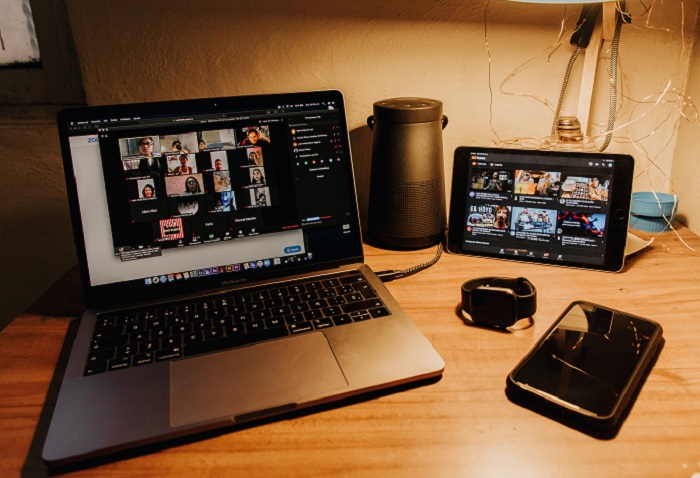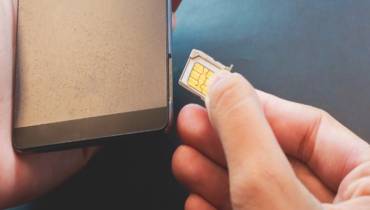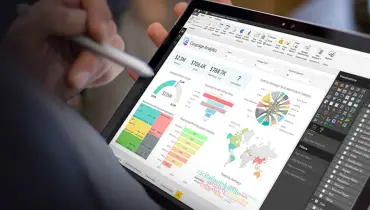How to Know If Someone Is Using Your Camera to Watch You

In this era of video chatting and social media live streaming, your computer’s webcam can never be more relevant. But just like any other tech innovation and devices, webcams are prone to hacking, which can lead to a serious, unprecedented privacy breach.
Think of a case where an unauthorized person gains access to and illegally takes control of your webcam without your knowledge. Such a person can secretly and effortlessly spy on you and the people around you. And, depending on the value and quantity of data the person steals, there can be dire repercussions on your part.
And just because it hasn’t happened to you yet shouldn’t be a reason for you to imagine that you are safe. The art of criminals recording video footage and then extorting money from people through it isn’t an idle Hollywood cliché. It happens to real people. That is why you should be extra careful whenever you see any suspicious changes to your camera.
How Hackers Pull Off this Breach and Invasion of Privacy
Well, a webcam hacker doesn’t need much to take control of your webcam.
All the hacker needs are to design a malware that hijacks a webcam, remotely install it into your computer, and then without your knowledge, the person can start to take videos and images of you from his remote location.
And if the person is interested in your private data, such as files stored in the computer and your regular browsing history, the malware will help them accomplish that too.
That being said, you don’t need to panic as there are ways of knowing if a hacker is watching you on camera. Besides, it isn’t easy for anyone to control your webcam remotely without you noticing that something is amiss.
Once you realize your vulnerability, it’s always recommended to use a VPN to keep the hackers at bay.

Signs that Your Webcam May Be Hacked
Now that we are all on the same page, let’s look at 4 signs that you can use to check if your webcam is being used by hackers to spy on you.
1. The camera misbehaves, like changes position without your command
If your webcam is modern enough, then it has the ability to rotate and move in different directions in order to capture the best video/image at the most convenient angle. That is a cool feature when you are using it, but it increases your vulnerability when a hacker takes charge.
Always be keen to check if the camera is moving or rotating without your command. If you realize any unusual movement, that is an indication that someone is spying on you.
And because webcams work synonymously with built-in microphones and speakers whenever you video-chat, a misbehaving camera will most likely affect the mic and speakers as well. Be keen on them as well.
2. Strange storage files
After a hacker records footage via your webcam, that footage - be it video or audio - will be saved among your existing storage files. That is to mean that if a file pops up from nowhere, then that would be a red alert.
Always check out for files you did not create, most particularly in your webcam recordings folder. You cannot also rule out the chances of the hacker having relocated some of their (and some of your) files to new folders or to a location where you aren’t likely to check on a regular basis.
For that, regularly comb every corner of your storage locations and confirm that your webcam settings are as per your specifications at all times.
3. The indicator light is misbehaving
Does your webcam indicator blink abnormally or go on without you prompting it? Well, someone could be controlling it without your consent.
Sometimes other computer programs or browser extension that you are running in the background could be using your webcam thus causing the abnormal blinking.
On other occasions, the indicator will malfunction because of a technical problem with your computer. But you shouldn’t leave anything to chance when it gets to your cybersecurity.
Be on top of things at all times.
4. Check for background apps
Sometimes malware will be sneaked into your computer as normal applications. This is especially the case when you are fond of downloading apps from unsecured websites, so a malware app finds an easy way to your operating system.
Always be on the lookout for software/apps that are running on your computer without you having installed them.




















![7 Must-Haves for Hiking, Fishing, and Other Outdoor Activities [node:title]](/sites/default/files/styles/video_thumbnail_bottom/public/person%20outdoors%20activities%20musthaves%20standing%20on%20gray%20rock.jpeg?itok=oQDqT42h)
